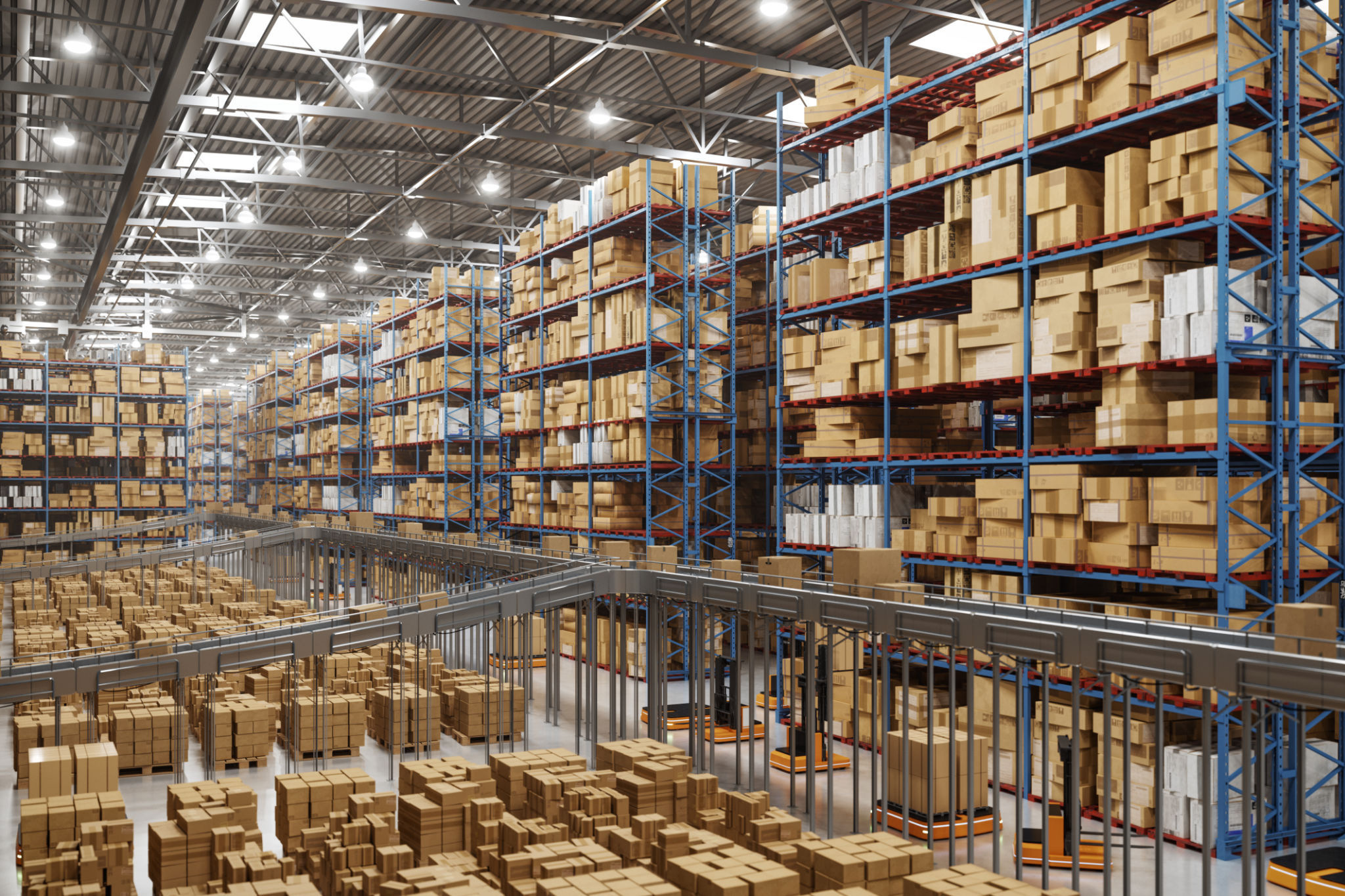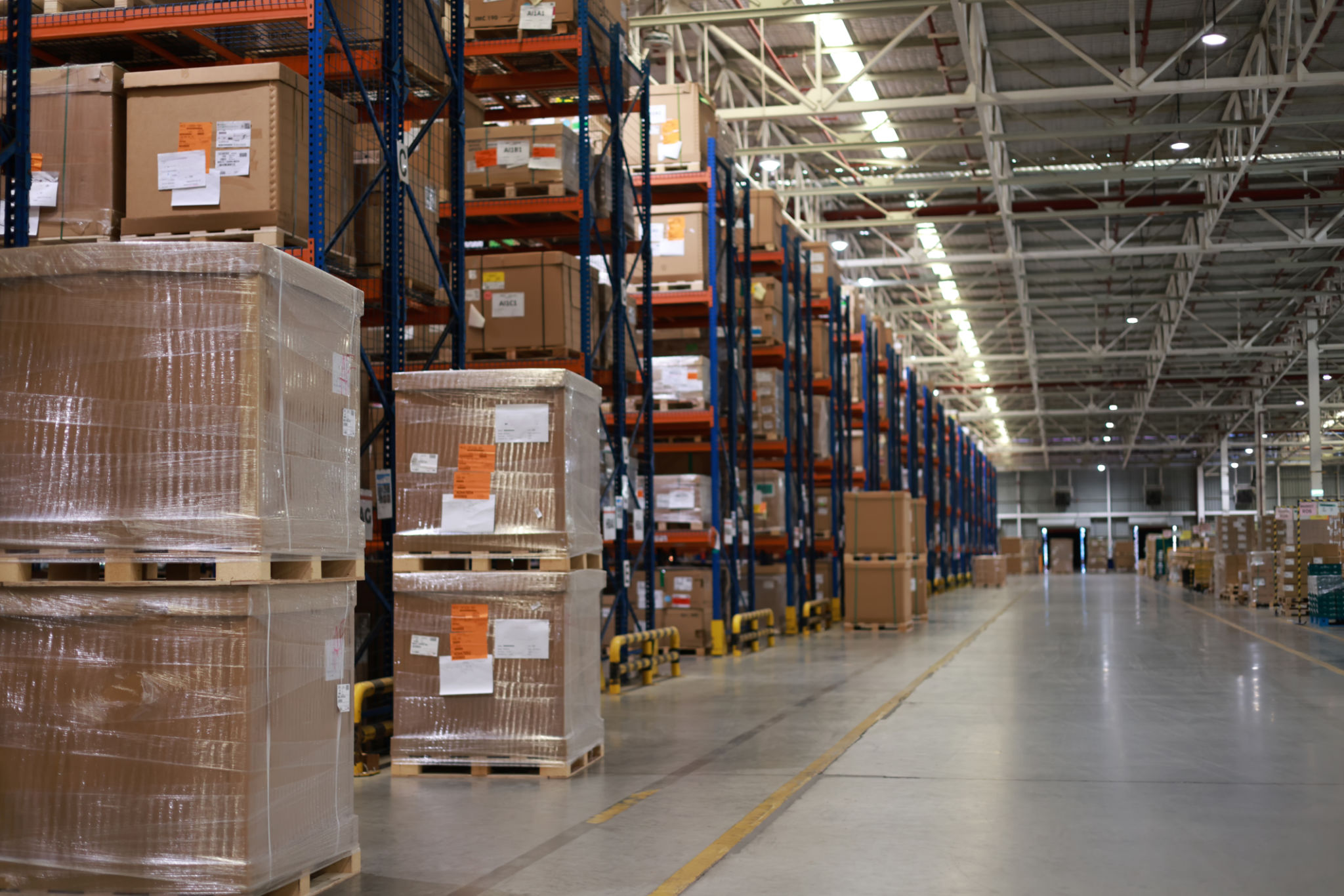A Comprehensive Guide to Fulfillment Logistics: Everything You Need to Know
Understanding Fulfillment Logistics
Fulfillment logistics is the backbone of any successful e-commerce operation. It involves the entire process of receiving, processing, and delivering orders to customers. As online shopping continues to grow, efficient fulfillment logistics can be a significant competitive advantage. This guide will help you navigate the complexities of fulfillment logistics, ensuring your business runs smoothly and efficiently.

The Role of Warehousing
Warehousing is a critical component of fulfillment logistics. It involves storing products in a systematic manner that allows for easy retrieval and shipping. A well-organized warehouse ensures quick order processing and reduces errors, enhancing customer satisfaction. Implementing technologies like warehouse management systems (WMS) can optimize inventory control and streamline operations.
Proper warehousing strategies also involve selecting the right location. Proximity to major shipping routes and customer bases can significantly reduce delivery times and costs. Additionally, considering the scalability of your warehousing solutions can accommodate business growth without disrupting operations.

Order Processing and Management
Efficient order processing is essential for meeting customer expectations. This involves everything from receiving orders and picking items to packing and shipping them. Automation plays a crucial role here; technologies like automated picking systems and barcode scanning can minimize human error and increase speed.
Order management systems (OMS) also contribute to streamlining fulfillment logistics by integrating various sales channels. They provide real-time updates on stock levels, track orders, and ensure timely delivery. By leveraging these tools, businesses can maintain a seamless flow from order placement to delivery.

Shipping and Delivery
Shipping is one of the most visible aspects of fulfillment logistics for customers. Offering multiple shipping options can cater to different customer needs, such as expedited delivery or cost-effective standard shipping. Partnering with reliable carriers ensures that your products reach customers on time and in good condition.
Moreover, tracking capabilities have become a customer expectation. Providing real-time tracking information not only enhances customer experience but also reduces inquiries about order status. Investing in robust tracking solutions can significantly improve customer satisfaction.
Returns Management
A comprehensive fulfillment logistics strategy includes an effective returns management process. Handling returns efficiently is just as important as the initial sale, as it impacts customer loyalty and retention. A clear and straightforward return policy can encourage repeat purchases by building trust with your customers.
Returns management systems can automate the process, making it easier for both customers and warehouse staff. By analyzing return data, businesses can identify trends and address potential issues in product quality or descriptions, further refining their offerings.

Future Trends in Fulfillment Logistics
The future of fulfillment logistics is being shaped by technological advancements and evolving consumer demands. Innovations like drones and autonomous vehicles are set to revolutionize delivery methods, potentially reducing costs and improving efficiency. Additionally, sustainability is becoming increasingly important, with businesses exploring eco-friendly packaging options and carbon-neutral delivery methods.
Staying ahead of these trends requires continuous investment in technology and a willingness to adapt to changing market conditions. By doing so, businesses can ensure they remain competitive in an ever-evolving landscape.
